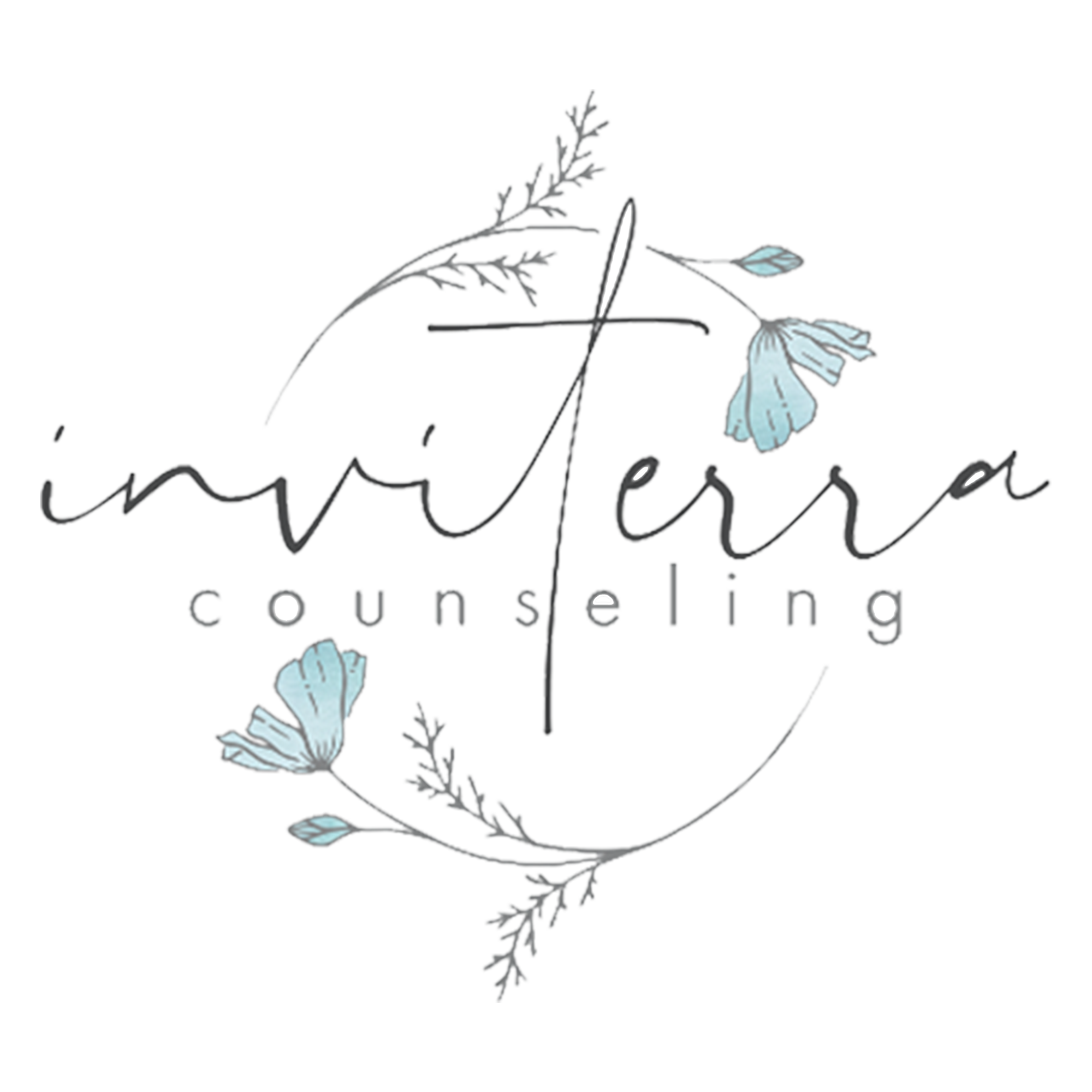Life as an Enneagram Type 2
Enneagram Type 2
My therapist colleague, aka “work wife”, aka BFF Joanne Kim (OliveMe Couseling) and I are crafting a blog series about the Enneagram, a deeply insightful and multi layered personality framework that reveals our unconscious, “autopilot” patterns of engaging in the world.
In this series, someone from each Enneagram Type (Types One through Nine) will be sharing about their own journey of discovering and using the Enneagram for deep healing and personal growth.
Today’s post is written by myself! Links to other enneagram types:
What does it mean to be an Enneagram 2?
Living Outside Myself: For me, when I’m on autopilot, being an enneagram 2 is about always being tuned in to the thoughts, feelings, needs, and actions of other people (especially “my people”), and living a life outside of myself without even realizing it.
Needing To Be Loved/Liked: Being an enneagram 2 means being convinced that I know what it takes to get people to like/respect/love me, and that anything generous that I do I’m doing out of my own kindness and generosity. I expend a huge amount of energy outward toward relationships and I spend a lot of energy and focus a huge amount of attention on whether or not people feel positively about me or love me.
The Pride of Having No Needs: I know, I know. I just said that enneagram 2’s have a deep need to be liked/loved. However, being an enneagram 2 also means that my own thoughts, feelings, and needs are locked in a dark room somewhere inside of me that I can’t access let alone navigate without a huge amount of effort. When I’m on autopilot, it’s means I’m not really aware that I have any needs. At the same time I can also be really resentful/angry that others don’t notice or take care of me or my needs (that I don’t understand or acknowledge).
At the heart of things, being an enneagram 2 (for me) means wrestling with a sadness and fear believing that I will never be enough, in and of myself, to be deeply loved. Here’s a great resource for understanding type 2’s:
When did you first realize you were Enneagram 2?
I first read and identified as an enneagram 2 in college (I was 20) while reading Richard Rohr’s Enneagram. At first when I read about how 2’s kindness and helpfulness were just a manipulative means to an end (WHAT?! I’m not altruistically kind and generous?!), I really resisted identifying myself as a 2 (typical). However, as I continued to look at the 2, I realized that my strong negative reaction to the number was likely a good indicator that I was on the right track.
I realized that I spent a lot of time doing things “in order to get someone to…” notice me, befriend me, like me, care about me, etc.
What do you wish people knew about being an enneagram 2?
I wish people knew that not all 2’s are these kind, spineless doormats (and that’s not even what being a 2 is about). I don’t want to do everything for everyone or help everyone. I want to help some people more than others, and actually, being giving/helpful is usually a means to an end (getting them to like me/love me). Also, I have less of a problem expressing anger (just ask my husband) or pushing back against some people. We 2’s can be intense, stand up for what we believe in, and be incredibly manipulative (giving to get).
What’s something you’re focusing on to grow out of type?
This is an important question because the goal of enneagram counseling is not just to understand our type, but to actually gain the ability grow beyond it. Right now my biggest focus is learning to not “abandon myself”. I often have this growth point in mind whenever I do my own enneagram therapy and coaching. I have often gotten lost in knowing others’ experiences, feelings, needs, etc, and left myself behind as a result. I’m going through a process of grieving over abandoning myself for others, and am starting to learn what it takes to stay present with my experiences and feelings, and am starting to understand that I matter as much as other people do.
Are you Interested in learning your enneagram & growing through enneagram counseling?
Hi, I’m Melinda
I’m a therapist who uses the Enneagram and Brainspotting to help 20 & 30-somethings understand and change unhelpful patterns, love themselves, and navigate all the big transitions and emotions that come with where they are in life.
What my clients often look like:
1) Empaths and “HSPs” who feel deeply and are afraid that something is “wrong” with them or have been told that they are too “sensitive”
2) Helpers or “over-givers” who want healthier relationships with themselves and others
3) Enneagram enthusiasts who want to grow
4) Premarital and young couples wanting to start their marriage off on the right foot




